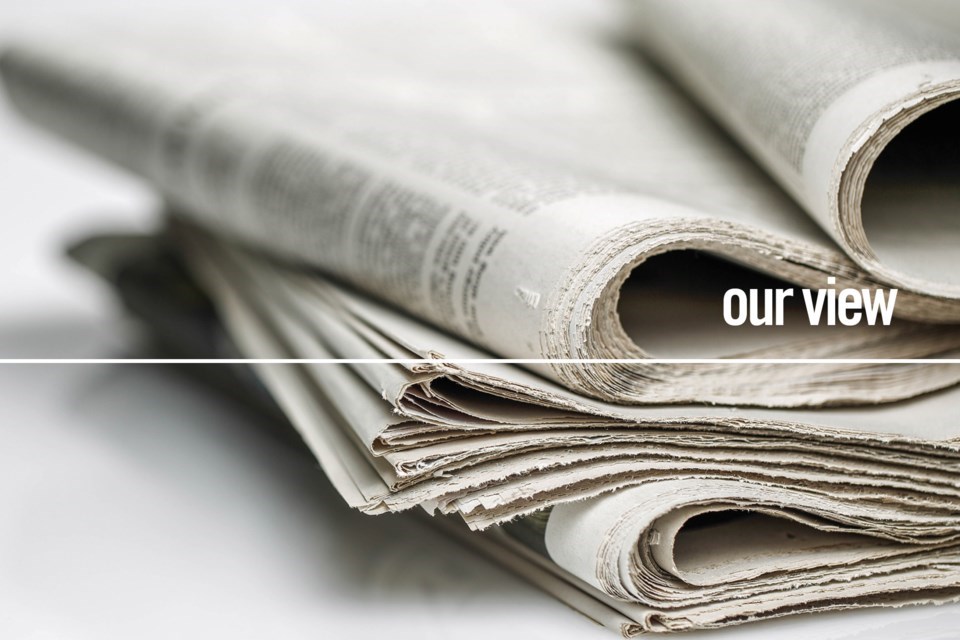Earlier this week, the CBC announced it would be temporarily halting the use of its Twitter accounts, after the broadcaster was labelled on the social media platform as being 69 per cent government-funded.
Canada's public broadcaster followed in the footsteps of NPR and PBS in the United States, which made the same decision to boycott Twitter earlier this month after being similarly branded by Twitter as 'state-affiliated' media.
“Twitter can be a powerful tool for our journalists to communicate with Canadians, but it undermines the accuracy and professionalism of the work they do to allow our independence to be falsely described in this way,” CBC spokesperson Leon Mar stated.
“Consequently, we will be pausing our activity on our corporate Twitter account and all CBC and Radio-Canada news-related accounts."
It's no secret that CBC is occasionally called out for reporting that skews favourably toward liberal or left-leaning governments. It's also no shock that Conservative Party of Canada Leader Pierre Poilievre may have helped orchestrate the new Twitter label for CBC by tweeting to Elon Musk about it, arguing CBC's content is "Trudeau propaganda, not news."
As Canada's public broadcaster and a crown corporation, CBC is, yes, technically government-funded. It receives a considerable chunk ($1.2 billion last year) of its revenue through a parliamentary appropriation that Canadian taxpayers have to pay into. It's a similar financial model as the BBC in the United Kingdom or the ARD in Germany.
In our newsroom's view, labelling CBC as government-funded media is a misnomer. The label implies the broadcaster is 'state-directed,' which is very different than being taxpayer-funded. CBC reporters do not get their marching orders from the Canadian government, regardless of which party or prime minister is in power. It's an arms-length institution, and its editorial independence from government lobbies is protected in Canada's Broadcasting Act.
We know the debate over whether or not the CBC's coverage favours left-leaning parties will continue ad-nauseum, regardless of this label. Twitter can argue the new labels for media will serve a purpose of transparency, but they'll more likely than not confuse and mislead.




